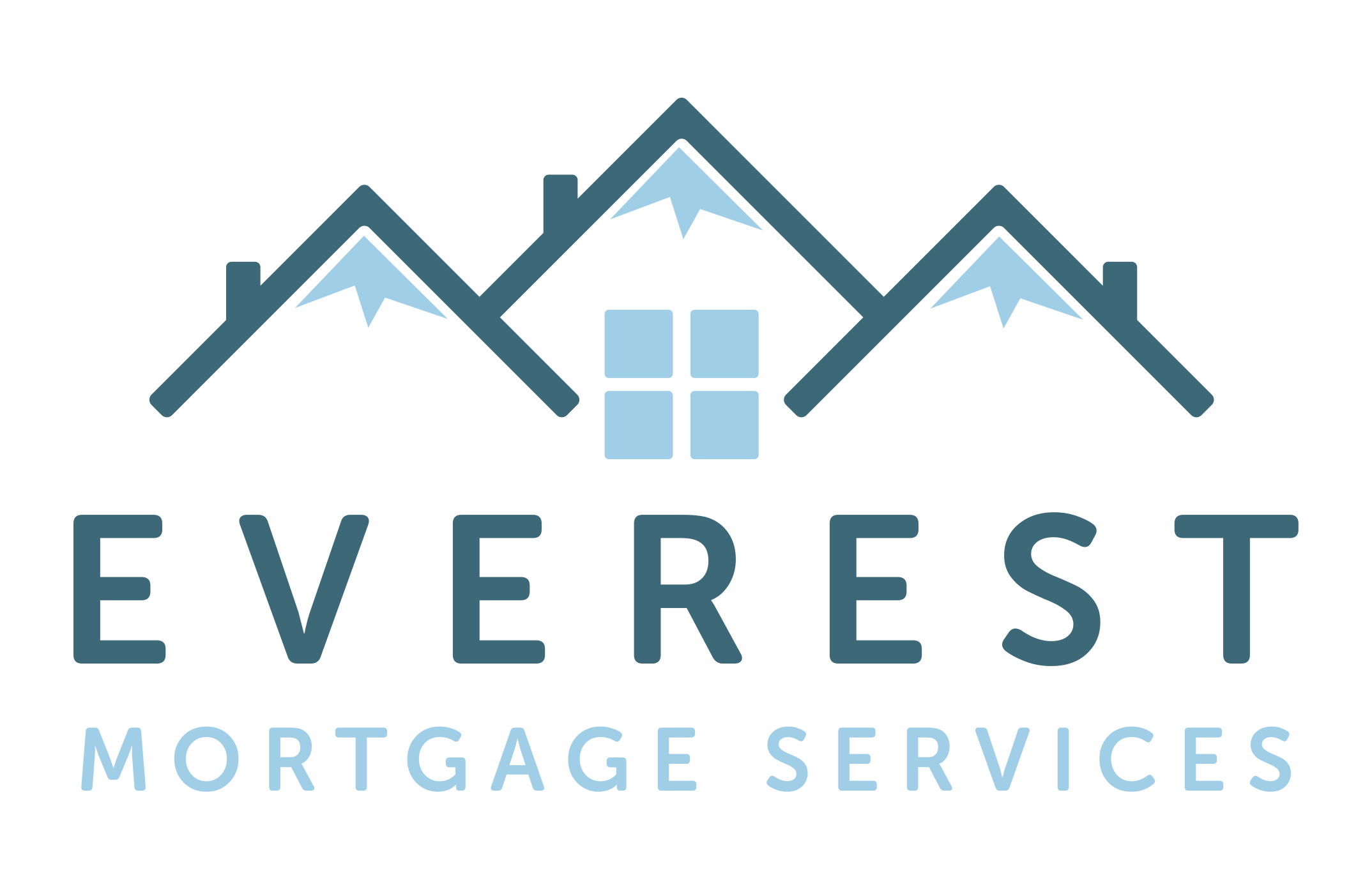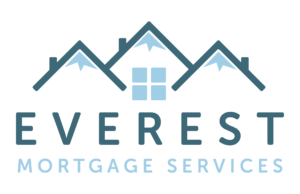The mortgage journey can be an exciting yet daunting prospect, particularly for first-time homebuyers. Navigating the world of mortgages often involves grappling with a complex array of jargon, terms, and practices that can leave even the most determined home seeker feeling overwhelmed. It’s crucial to understand mortgage terminology, not only to make informed decisions but also to ensure a smoother journey towards successful homeownership. Everest Mortgage Services recognises the challenges that clients face with complex mortgage language and is committed to providing clarity, guidance, and support throughout the mortgage process.
In this comprehensive guide, we take on the challenge of demystifying the mortgage lingo, breaking down essential mortgage terminology into clear, simple language that potential clients can confidently navigate. Tackling mortgage concepts and language can instill a sense of competence and reassurance for homebuyers, equipping them with the foundational knowledge needed for an informed and smooth mortgage journey.
Mortgage Types
Explore common mortgage types—such as fixed-rate, variable-rate, and tracker mortgages—providing clear definitions of each.
1. Fixed-Rate Mortgages: Summarise fixed-rate mortgages as loans with a predetermined interest rate set for a specific period, offering stability in repayments.
2. Variable-Rate Mortgages: Explain variable-rate mortgages as loans with fluctuating interest rates that depend on an underlying benchmark, such as the Bank of England base rate.
3. Tracker Mortgages: Describe tracker mortgages as a subset of variable-rate mortgages where interest rates track a specific benchmark, usually the Bank of England base rate.
Mortgage Application Process
Define key terms associated with the mortgage application process, including the decision in principle (DIP), mortgage offer, and valuations.
1. Decision in Principle (DIP): Explain the DIP as a conditional approval provided by a lender based on initial information, indicating the likelihood of receiving a mortgage offer.
2. Mortgage Offer: Define the mortgage offer as the document outlining the lender’s proposed terms for the mortgage loan, including the interest rate, repayment schedule, and terms and conditions.
3. Valuations: Describe valuations as the process of assessing a property’s market value, often conducted by the lender to verify the property’s worth as collateral for the mortgage loan.
Mortgage Fees & Costs
Clarify terminology related to mortgage fees and costs, including arrangement fees, valuation fees, and solicitor fees.
1. Arrangement Fees: Define arrangement fees as charges levied by a lender for setting up a mortgage, sometimes known as product or completion fees.
2. Valuation Fees: Explain valuation fees as charges for conducting a property valuation to determine its market value, usually carried out by the lender.
3. Solicitor Fees: Describe solicitor fees as costs incurred for the legal work involved in property transactions, such as conveyancing, document preparation, and registration.
Mortgage Repayments
Break down the language related to mortgage repayments, such as amortisation, capital and interest payments, and overpayments.
1. Amortisation: Define amortisation as the process of gradually reducing mortgage debt through regular repayments over a fixed term, until the mortgage is fully repaid.
2. Capital and Interest Payments: Explain capital and interest payments as the two components of a mortgage repayment, with the capital portion reducing the loan balance and the interest portion covering the cost of borrowing.
3. Overpayments: Describe overpayments as any payments made towards the mortgage beyond the agreed-upon monthly repayments, which can reduce the mortgage balance and the overall interest paid.
Mortgage Protection and Insurance
Explain concepts and terms associated with mortgage protection and insurance, such as mortgage life insurance and critical illness cover.
1. Mortgage Life Insurance: Define mortgage life insurance as a policy designed to pay off the outstanding mortgage balance in case of the policyholder’s death, protecting their family’s financial stability.
2. Critical Illness Cover: Explain critical illness cover as an insurance policy providing a payout in case the policyholder is diagnosed with a specific illness or condition listed on the policy, which can be used to cover mortgage repayments during challenging times.
Conclusion
Navigating the complex language of mortgages may seem overwhelming at first, yet a deeper understanding of mortgage terminology can significantly simplify your homebuying journey. With this comprehensive guide to essential mortgage language, you can now embark on the mortgage process with greater confidence, equipped with knowledge to make informed decisions.
Moreover, when partnering with Everest Mortgage Services, you have access to professional expertise and guidance that can further demystify the mortgage world at every step of your journey. Don’t hesitate to reach out to Everest Mortgage Services for support and advice tailored to your unique homebuying experience, ensuring a successful path towards homeownership. Schedule a consultation with our independent mortgage advisors now.



